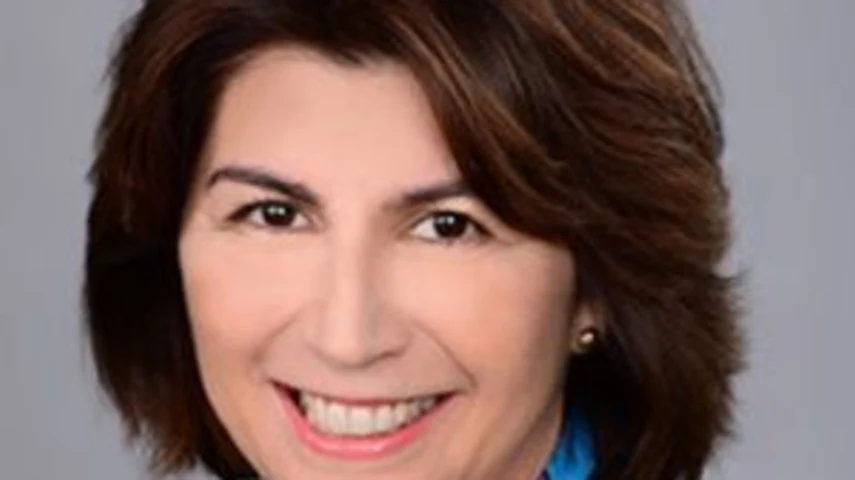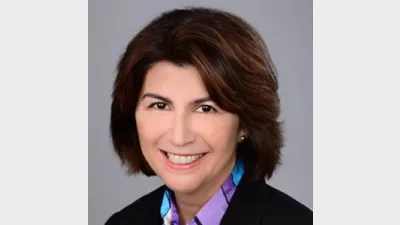Don’t mix education with super: ASFA



The Association of Superannuation Funds of Australia (ASFA) CEO Pauline Vamos has opposed a call by the Federal Government to allow former tertiary students to pay their HELP debts using their super accounts.
Vamos said that while she understands there is an issue with the collection of tertiary education debts, using super to fix an issue in another policy area like education is not good policy.
The comments come after Fairfax reported on a pre-budget submission by former policy advisor to Liberal senator Arthur Sinodinos John Adams, who said those over 30 can choose to use their super accounts to pay off their tertiary education debts.
With the average indexation rate of the HELP/HECS date standing at 2.6 per cent and the average return for the balanced option in super standing at 7 per cent, she added the financial equations between the two do not stack up.
"The bottom line is, if you take out $25,000 towards your HELP debt, by age 67 you can have $54,000 less in your super account," she said.
"Will it help or impact the equity of the system, because there are always equity issues when a concessional access or benefit only applies to a relatively small proportion of the community."
Vamos added that lower to middle income earners will be hit hardest by this.
Recommended for you
Australia’s largest super funds have deepened private markets exposure, scaled internal investment capability, and balanced liquidity as competition and consolidation intensify.
The ATO has revealed nearly $19 billion in lost and unclaimed super, urging over 7 million Australians to reclaim their savings.
The industry super fund has launched a new digital experience designed to make retirement preparation simpler and more personalised for its members.
A hold in the cash rate during the upcoming November monetary policy meeting appears to now be a certainty off the back of skyrocketing inflation during the September quarter.









